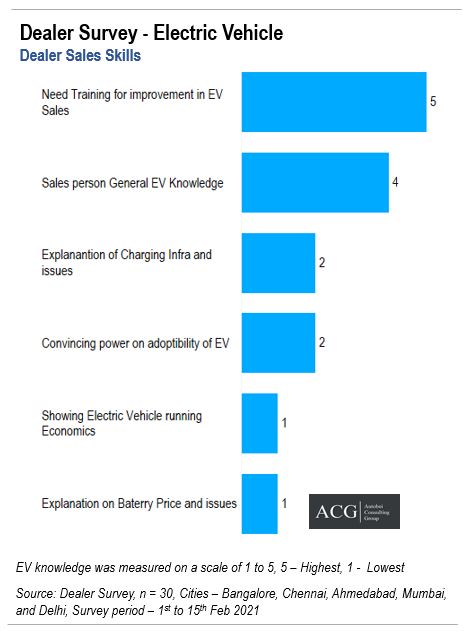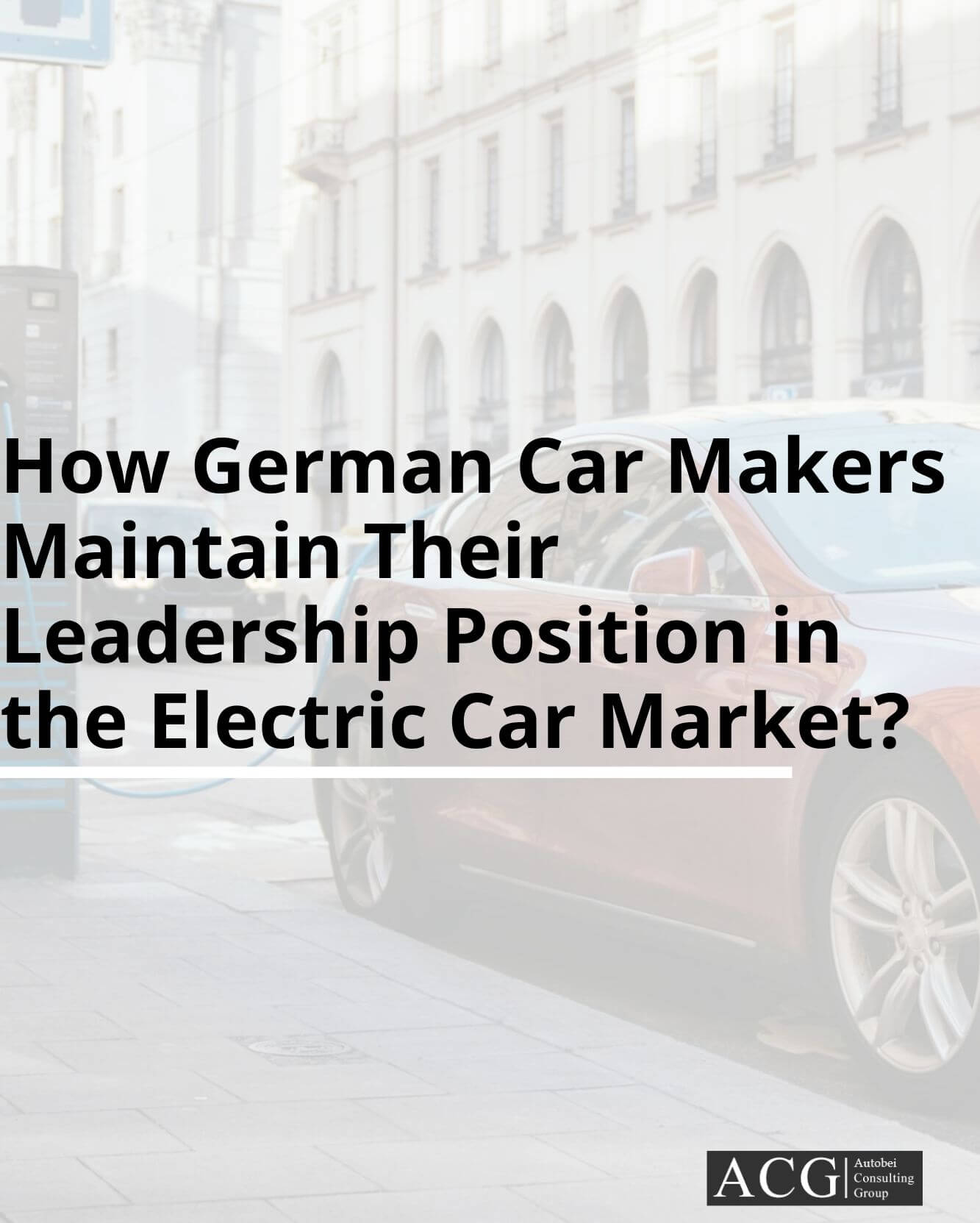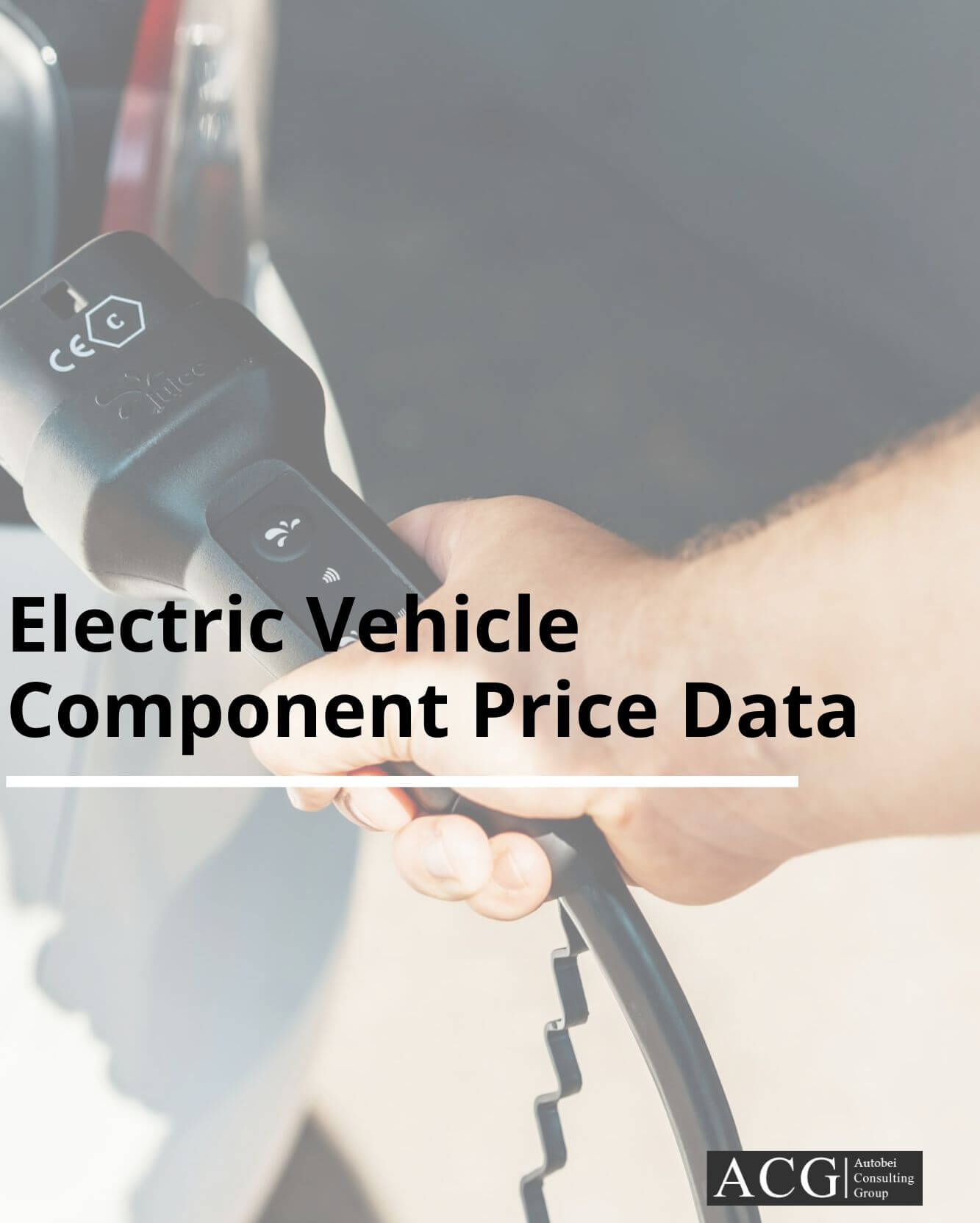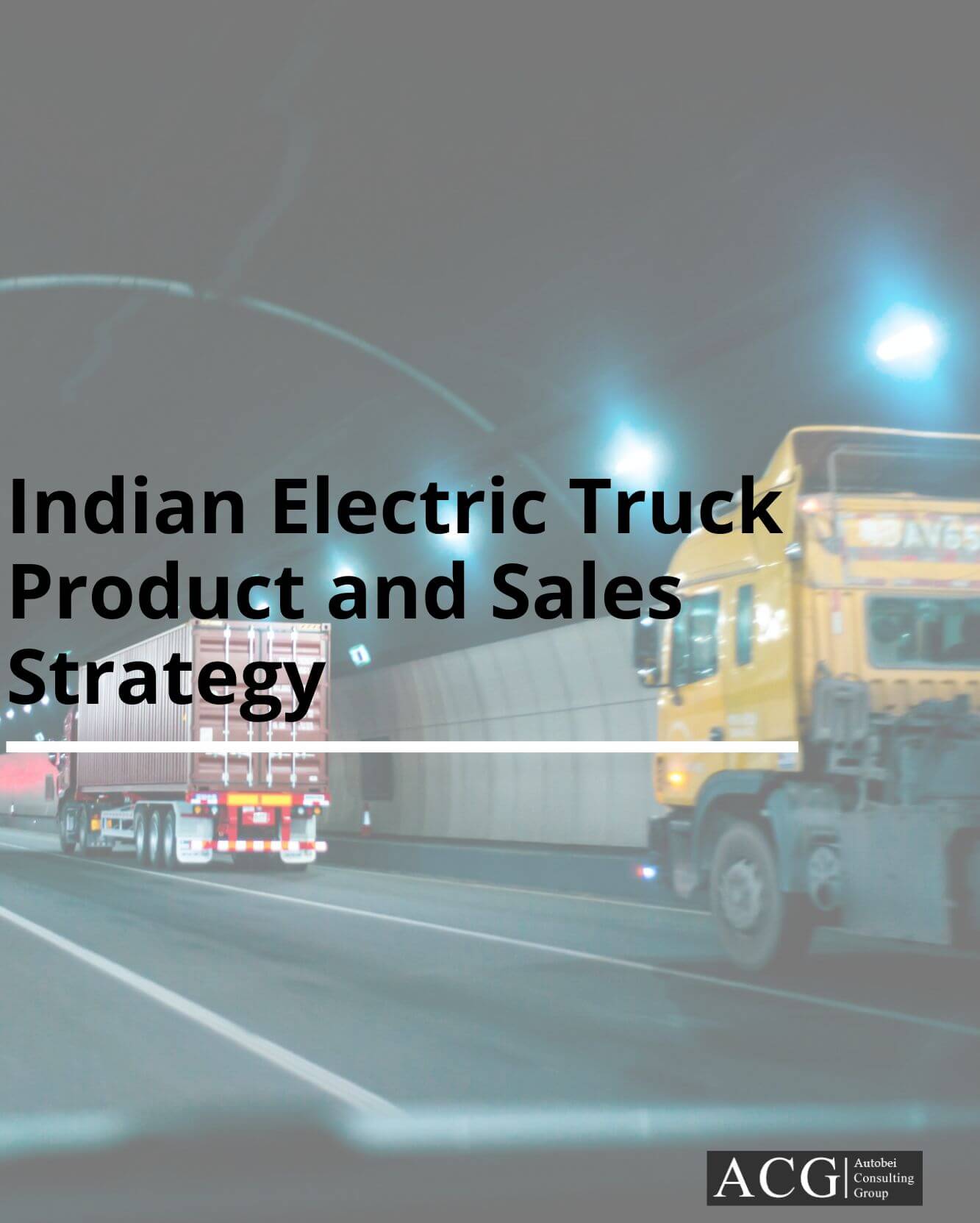A detailed walkthrough of the Electric Car Business Model for India.
In the contemporary situation, the question which is demanding the answer of the highest priority is “what’s the way ahead for unraveling a future that is completely Electrified and free of Emissions?”
The journey ahead may seem herculean and impossible at the start, but when approached with the right strategy it can yield us the right outcome. In fact, the two crucial things that are integral ingredients for success are:
- The positioning of EV product on varied parameters
- Enhancing the Market acceptability
Undoubtedly, The era of Electric vehicles and their technology will give an immense booster to the Transport industry and the entire mankind at large.
Whereas the Management Sutra and proven Business strategies imply that, at the end of the day what really counts is not the greatness of the technology, but its ability to sell itself in the market by meeting the client’s requirements.
The Fundamentals of the EV Business:
Initially, weightage needs to be given for scaling the uniqueness and its distinguished value for the customer. Emphasis needs to be laid on portraying the standout features viz. Design, Ergonomics, Features, and availability of various models.
Further, the technicalities of the project need to be brought to the table, and this innovation needs to be experienced by the customers through boundary objects like flowcharts, Graphical representation, maps, etc.
Monetary-related things take the driver’s seat in evolving the leads to the final Customers. So structuring the right price is of utmost importance. The pricing should address all the questions like do the customers have to pay the entire price at once to get the subscription? Will they get any aid in the form of a subsidy? And this financial aid if rendered acts as a launchpad for shooting the Market.
Last and foremost, the quintessential thing is to loop in the right partner network for catering to the customers and other sectors by establishing hassle-free connectivity between the production base and the users.
Once the above said things of the Electric Vehicles are channelized in the right direction, then we can realize that business model is not only about the cost incurred for the battery, but rather involves lot many things. Today’s cutting-edge technology offers us to choose from a wide range of choices, but one should know the art of picking the right product and try to exploit it commercially for the benefit of customers and ensure its feasibility to the user base. We should also take into consideration that all the possibilities that can be tapped by the technology cannot be passed on to the end-users due to various constraints like Cost, the paucity of time, the vastness of the network.
The bottom line is that even though the battery technology has proven to be cost-effective, eco-friendly, affordable, and mature. But it cannot be directly implemented by swapping electricity with a fuel-driven vehicle.
The right care is to be taken for choosing the accurate business model which takes into account cost, Value, and the offer so that customers can have access to choose the product that meets their expectations and pricing.
The overall value of Electric Vehicles depends mainly on their distribution across Pan India, and also on an associated electromobility system. This sort of distribution needs external activation of levers apart from the car manufacturers. So that the growth strategy can be tapped by reaching out to cities, highways, companies, and a lot more places. The next important thing is to spearhead a mission to popularise the best in class Electric experience to the customers and this is the core element for the success of distribution methodology.
The government and the other major OEMs are on a mission to revolutionalize the Automobile sector by swapping the ICE vehicle with pure Electric Vehicle. But this approach initially seems to be like Marching to war without adequate practice and skillset. There are certain key areas that need to be well equipped before evolving the Indian Automobile sector to the BEV.
Vital points in regards to Product development:
- It needs to be within the monetary reach of the customer and it should fall in the affordable range.
- The choice range should be myriad in nature, so as to let the option to the customer to choose from various models and variants.
- The product needs to comprehensively address the issue of Charging duration, availability of Infrastructure for charging, and the maximum range offered.
Things to be kept in mind to Appease the Customer base:
- Ensuring the database of the target audience who will choose electric Vehicles.
- Bring about best market practices to take the confidence of the customers, and also boost their trustability in the product.
- Structuring the product under a nominal pricing scale and making it the best product for the money being paid.
- Standing firmly by the line, “Customer is the king”, and try in all sorts to satisfy their particular needs and wants.
- Building up the epitome of Brand value and create an impeccable social status.
The proposed Business model for EV:
The uniqueness or the Value proposition of the product can be structured in 4 part:
The term environmental friendly garners much interest from the crowd but not many intend to invest in it and own one.
Electric Vehicles are premium priced, despite the fact that their maintenance and usability in a long run is economical. In the present scenario, the pricing of the Electric car is in the reach of only High-income group customers, and the question arises whether its running cost-effectiveness can be grouped under the canopy of the value proposition? The response for this may hold true or false depending on usage like personal or commercial and also on the Value addition to the product offered by OEMs, tax incentives, and subsidy from the govt.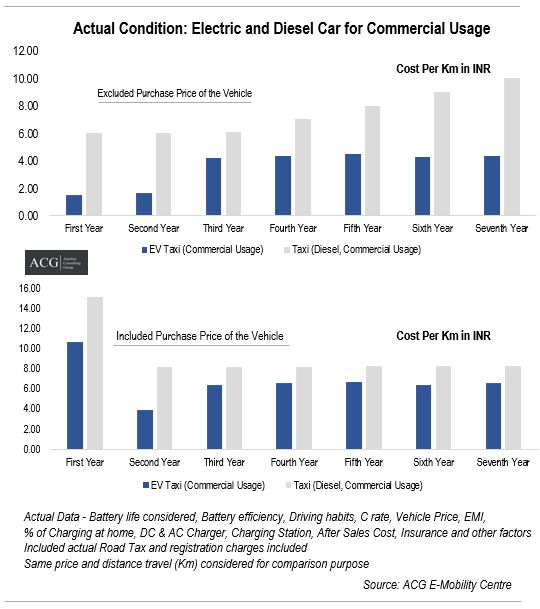
Further, the value proposition gets bolstered by the addition of the following factors:
Free to drive the vehicle across villages, city, district, and State without having to worry about the infrastructure for charging nor the charging timelines.
Making the product available to the customers for a nominal upfront amount.
Inculcating the Internet of things in the product Encashing the special key point that the electrical vehicles are super economical and a class apart from its competitors.
Cost to procure Infrastructure: This factor should also be considered, as there are different charging methodologies and the costing differs and they are a need for different partnership approaches.
An analysis and comparison of the Electric car:
ACG has come up with the cost analysis module by carrying out the testing of EVs in various real-life scenarios. Below are the enlisted considerations:
- Electric car for the general usage of one’s own self
- Harnessing Electric car for commercial purpose
- Stage a comparison of Electric cars with diesel and petrol cars of a similar price segment.
The observations made from the above-mentioned considerations have been gauged under the Ideal as well as the actual factors. The commercial usage of an electric car as a Taxi has scientifically proven to be more rewarding than its personal usage. Nevertheless, the tests will have different outcomes basis on the models and variants.
Hence the need for a Business strategy will intend to make necessary changes in the revenue model. And to showcase that the electric vehicle is more affordable, we have priced the EV in line with the thermal vehicle which has the same price segment, and have varied the operational cost or the energy usage by renting a battery.
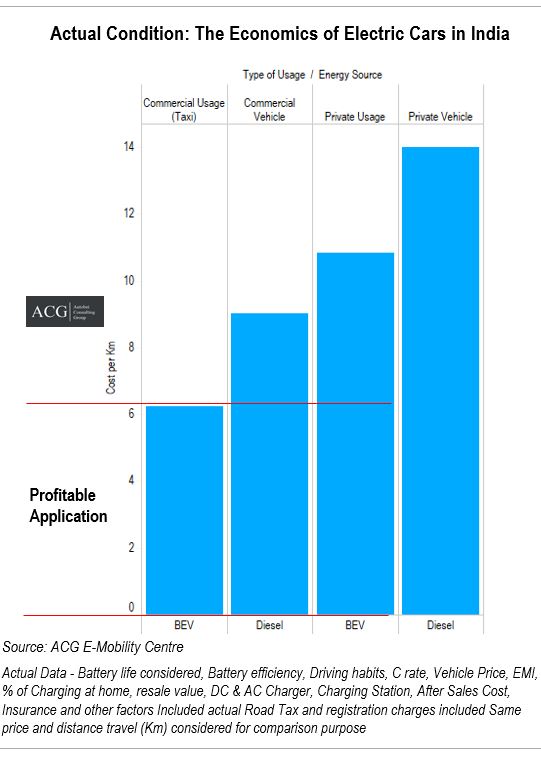
Three keen observations were witnessed:
There was clear visibility of savings when they were not. The battery rental and pricing can be varied depending on the customer’s usage and needs. Lastly, the customer can be free of risk, as the battery-related issues are transferred to the seller end in this case.
EV Dealer Survey:
